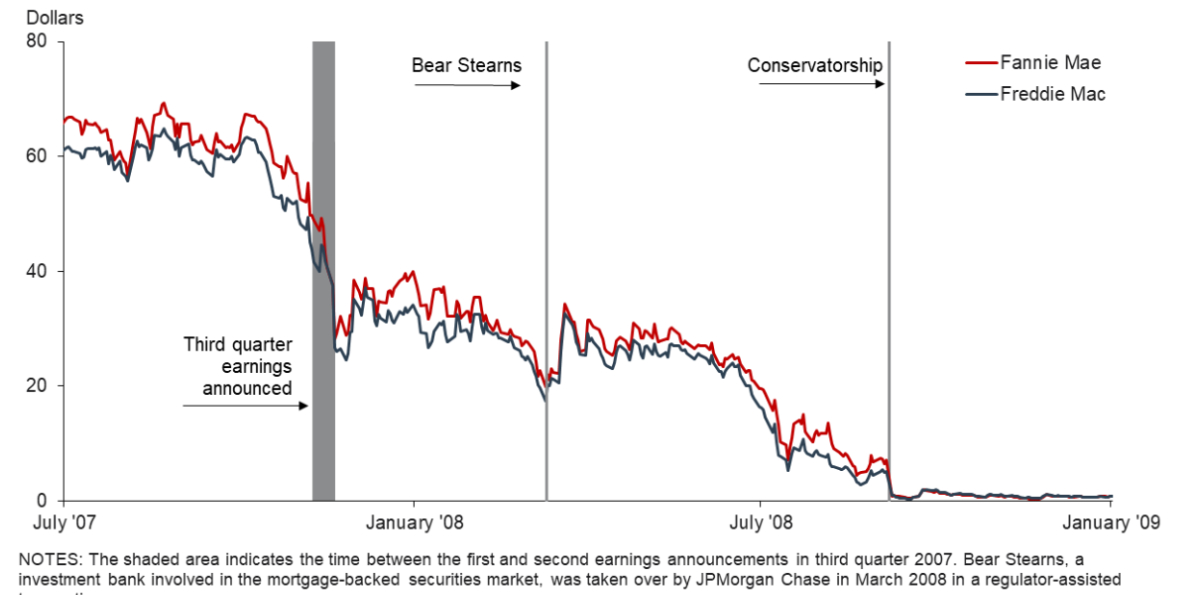The U.S. Monetary outlook is dimming and a downturn could be on the horizon as the Federal Reserve moves to tame the most updated inflation in four decades, in line with Fannie Mae economists.
The mortgage lender said in a brand new economic and housing forecast that the economic system faces a “modest recession” in 2023 due to the Fed’s competitive monetary policy tightening trajectory, the fallout from the Russian war in Ukraine, and the worst inflation in a technology.
“We continue to see multiple drivers of economic growth through 2022, but they need to rein in inflation, combined with other economic indicators, such as the recent inversion of the Treasury yield curve, led us to meaningfully downgrade our expectations for economic growth in 2023,” Doug Duncan, Fannie Mae’s chief economist, said in a statement.
Still, Fannie Mae said it does not expect the recession to be worse than the only one seen in 2008 in the wake of the monetary disaster, largely due to the modern-day nation of the housing market, inclusive of a loan credit nice this is “a long way advanced” and loan lenders which might be higher prepared than they have been a decade in the past.
The organization expects home income, residence expenses, and loan volumes to drop over the direction of the subsequent two years “to a tempo more regular with income boom and interest quotes,” Duncan stated.
The evaluation comes as the Fed takes a more hawkish method of combating inflation, which is at the highest level due to the fact December 1981. Policymakers raised rates by means of a quarter-percentage factor in March, and have considered that signaled aid for a quicker, 1/2-percentage point increase at their May assembly.
Traders at the moment are pricing in more than a 95% chance of a hefty half-point fee soaring while policymakers meet a subsequent month.
“If we conclude that it is appropriate to move more aggressively by raising the federal funds rate by more than 25 basis points at a meeting or meetings, we will do so,” Federal Reserve Chairman Jerome Powell said in March. “And if we determine that we need to tighten beyond common measures of neutral and into a more restrictive stance, we will do that as well.”
Still, Powell has driven again in opposition to the subject that further tightening with the aid of the central financial institution will trigger a recession and has maintained optimism that the Fed can strike a sensitive balance between taming inflation without crushing the financial system.
“The probability of a recession in the next year is not particularly elevated,” Powell told reporters during the Fed’s March meeting, citing the strong labor market, solid payroll growth, and strong business and household balance sheets. “All signs are that this is a strong economy and one that will be able to flourish in the face of less accommodative monetary policy.”

















